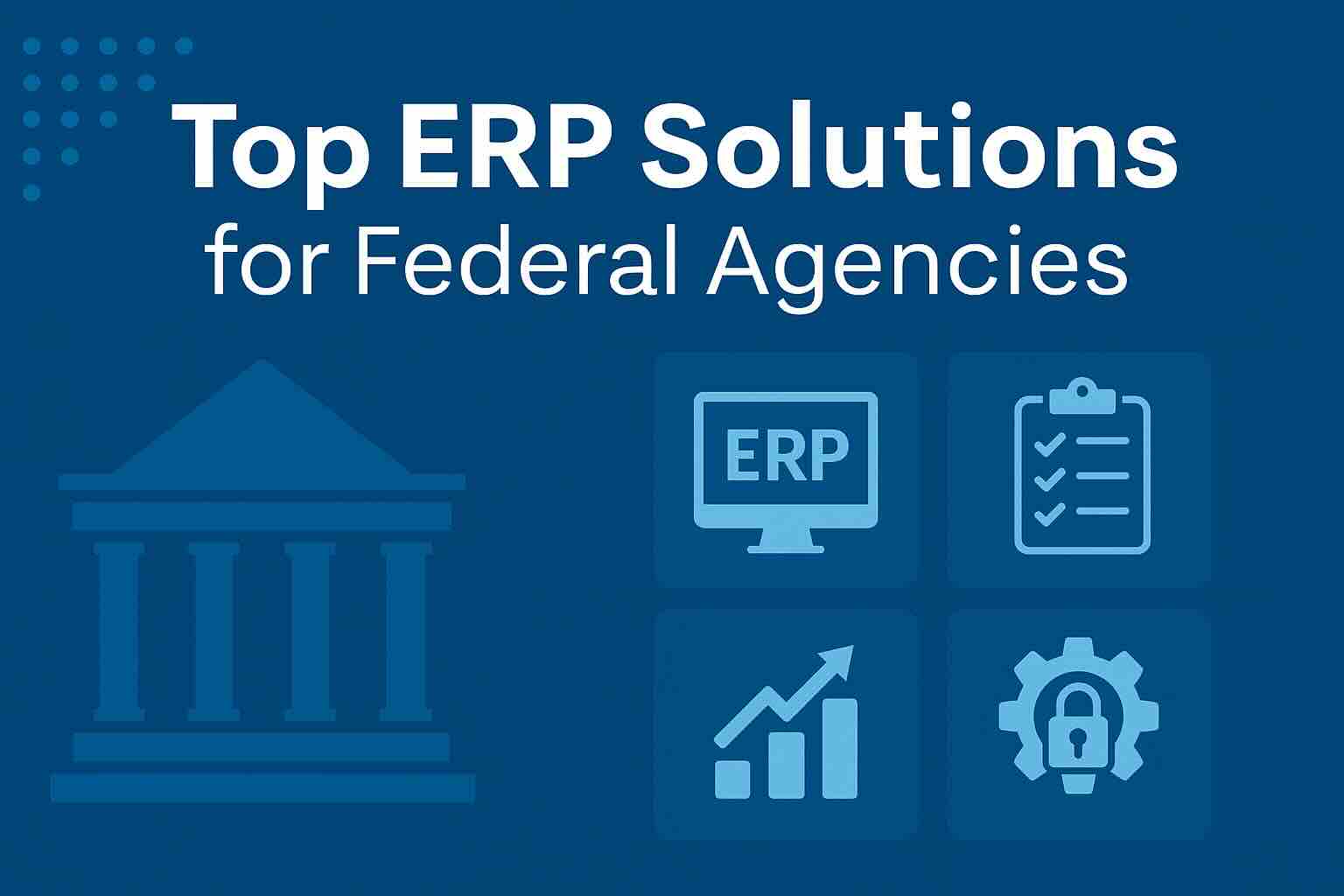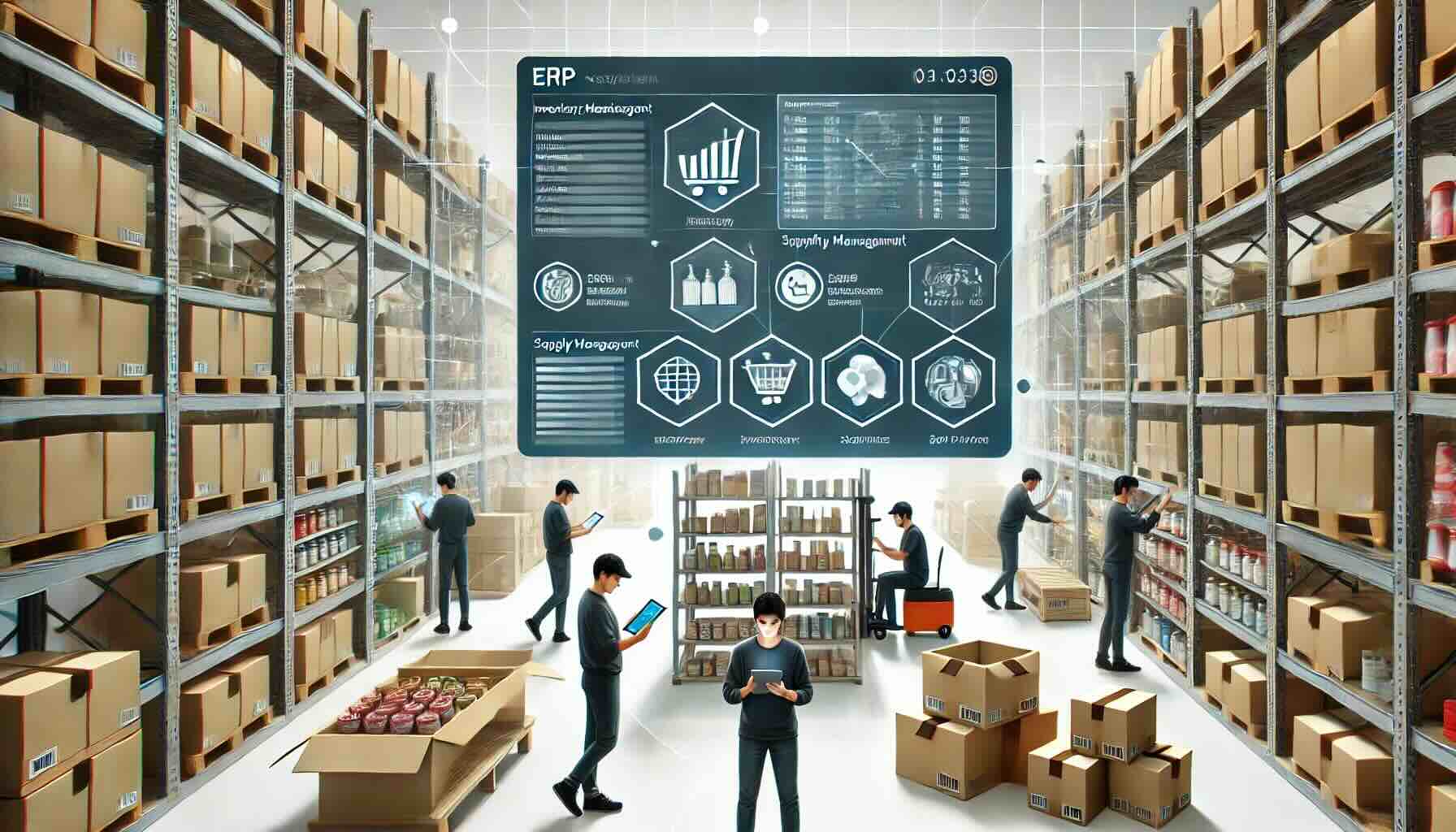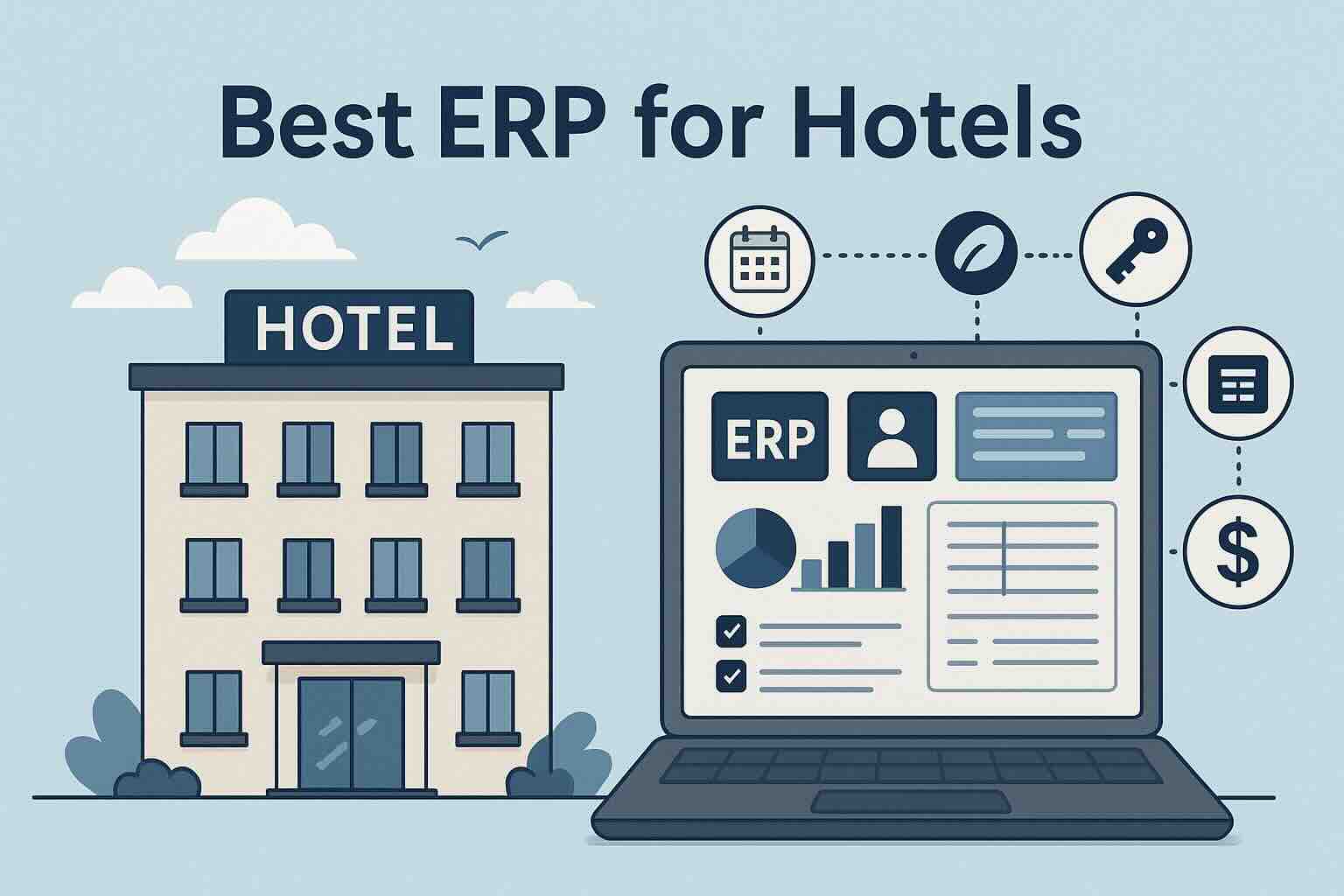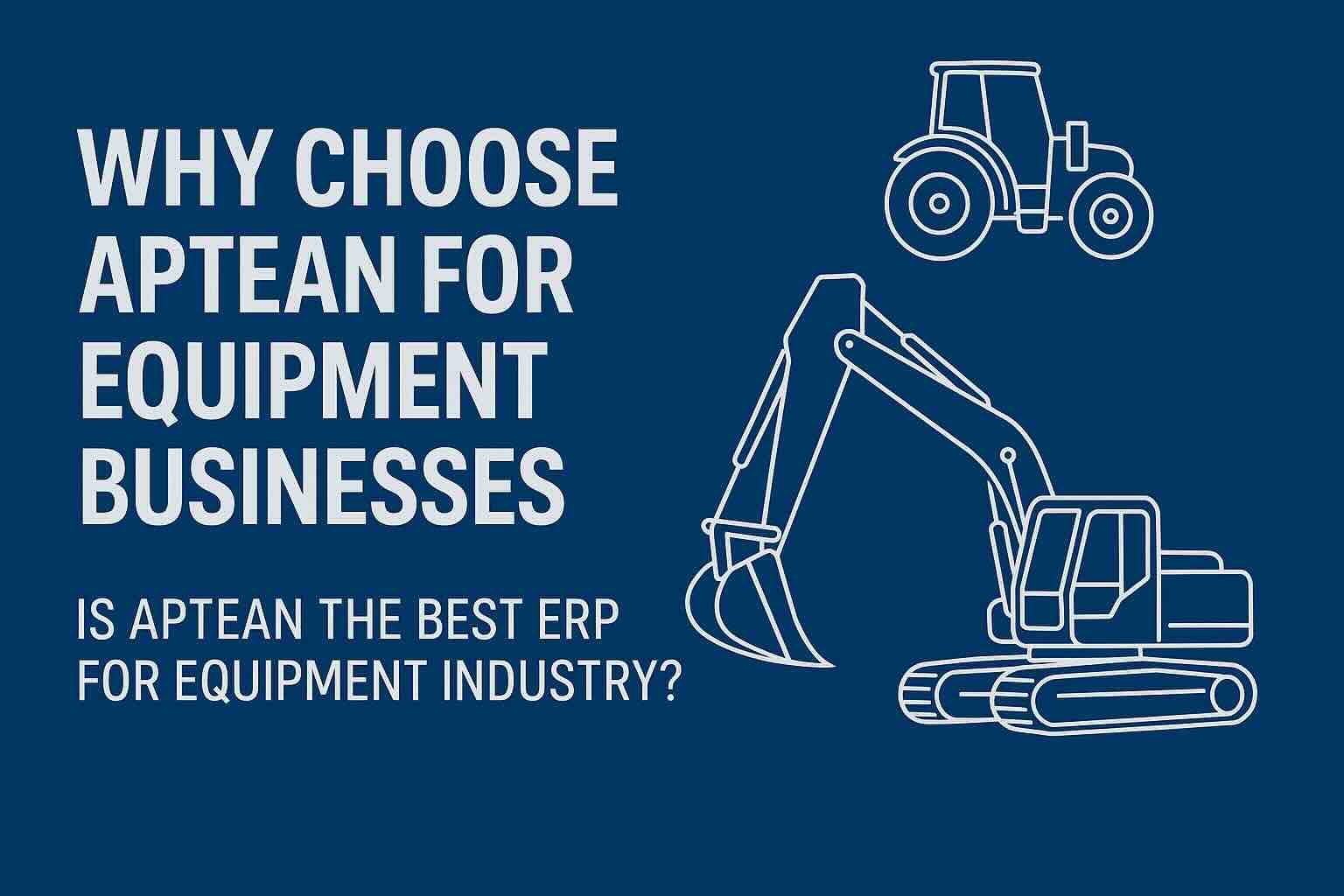Compare ERP for the Financial Industry

In the rapidly evolving financial industry, choosing the right ERP (Enterprise Resource Planning) system is crucial for maintaining competitive advantage and ensuring regulatory compliance. When you compare ERP for financial industry, it’s essential to understand the unique needs and challenges of financial institutions, and how different ERP systems address these requirements. This blog aims to guide you through the key considerations and features to look for when comparing ERP solutions tailored for the financial sector.
Understanding the Financial Industry’s ERP Needs
The financial industry is characterized by complex regulatory environments, high transaction volumes, and the need for real-time data analysis. These unique aspects require ERP systems that can handle:
- Regulatory Compliance: ERPs must support compliance with financial regulations such as Sarbanes-Oxley, IFRS, and local regulatory standards.
- Data Security: Given the sensitivity of financial data, robust security measures are non-negotiable.
- Scalability: Financial institutions must have systems that can scale with their growth.
- Real-time Analytics: The ability to process and analyze data in real-time is critical for decision-making.
- Integration Capabilities: ERPs need to integrate seamlessly with other financial software and platforms.
Key Features to Look for When You Compare ERP for Financial Industry
When comparing ERP systems for the financial industry, consider the following key features:
- Financial Management: Look for robust modules that handle general ledger, accounts payable/receivable, fixed assets, and cash management.
- Compliance Management: Ensure the ERP provides tools to manage and automate compliance processes.
- Risk Management: Features that help identify, assess, and manage risks are essential.
- Business Intelligence and Reporting: Advanced reporting tools and business intelligence capabilities are crucial for strategic planning.
- Security: Comprehensive security features, including data encryption and user access controls, are vital.
Top ERP Systems for the Financial Industry
Here are some of the leading ERP systems that are well-suited for the financial industry:
SAP S/4HANA Finance
-
- Known for its robust financial management capabilities.
- Offers real-time analytics and reporting.
- Strong compliance and risk management features.
- Integrates well with other SAP modules.
Click this link to find out more about SAP S/4HANA for finance.
Oracle Financials Cloud
-
- Comprehensive financial management and reporting.
- Advanced compliance and security features.
- Scalable and flexible for growing financial institutions.
- Excellent integration capabilities with other Oracle products.
Click this link to find out more about Oracle Cloud for finance.
Microsoft Dynamics 365 Finance
-
- User-friendly interface with powerful financial management tools.
- Excellent integration with other Microsoft products.
- Advanced analytics and AI capabilities.
- Strong focus on security and compliance.
Click this link find out more about Microsoft Dynamics for finance.
Infor SunSystems
-
- Designed specifically for financial services.
- Strong financial and performance management features.
- Flexible and scalable.
- Good integration capabilities with other financial software.
Click this link to find out more about Infor for finance.
Workday Financial Management
-
- Cloud-based solution with real-time financial insights.
- Strong compliance and risk management features.
- Scalable and user-friendly.
- Excellent customer support and regular updates.
Click this link to find out more about Workday for finance.
Making the Right Choice
When you compare ERP for financial industry, it’s crucial to align the ERP’s capabilities with your specific business needs. Here are some steps to guide your decision:
- Assess Your Needs: Conduct a thorough assessment of your financial processes and identify your ERP requirements.
- Evaluate Vendors: Compare ERP vendors based on their industry expertise, support services, and customer reviews.
- Request Demos: Schedule demos to see how each ERP system handles your specific requirements.
- Consider Total Cost of Ownership: Factor in not just the initial costs, but also the long-term costs associated with maintenance, support, and upgrades.
- Check References: Speak with other financial institutions that have implemented the ERP systems you are considering.
Conclusion
Choosing the right ERP system for your financial institution is a critical decision that can impact your operational efficiency, compliance, and overall business success. By carefully comparing ERP systems and considering the unique needs of the financial industry, you can find a solution that not only meets your current requirements but also supports your future growth and innovation. Remember to focus on regulatory compliance, data security, scalability, real-time analytics, and integration capabilities as you compare ERP for financial industry. This approach will help you make a well-informed decision that enhances your institution’s performance and resilience in a competitive market.
To compare these ERP solutions and many more, you can use our new AI-powered Compare ERP tool. It’s free to use and you get a guaranteed discount on your first year’s licence fees with a referral from Compare ERP.









